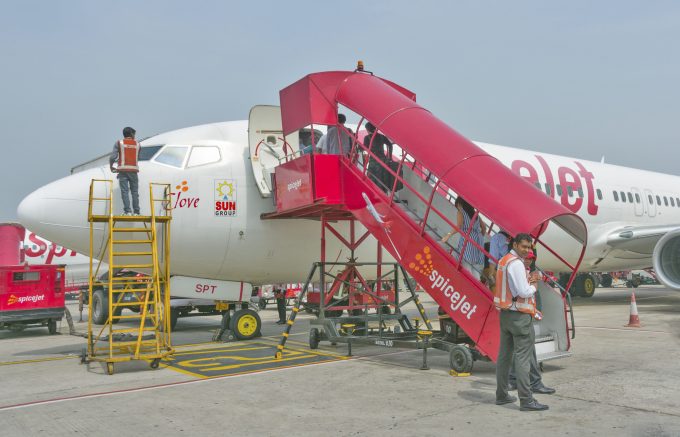India ready to lower US tariffs in exchange for concessions
India has agreed to the US Terms of Reference for the bilateral trade agreement, after ...

There appears to be some movement in the Indian air cargo market – at last.
Local media is reporting the perhaps surprising development that low-cost carrier SpiceJet is to launch a door-to-door cargo delivery service.
Door-to-door is hardly a natural step for a budget carrier, especially one coming out of a turnaround plan. Even infrastructure-rich, full-service airlines balk at the idea of anything other than airport-to-airport.
But, Indian media says SpiceJet is investing significantly in a service which will start this fiscal year.
It is said to have ...
USTR fees will lead to 'complete destabilisation' of container shipping alliances
Outlook for container shipping 'more uncertain now than at the onset of Covid'
Flexport lawsuit an 'undifferentiated mass of gibberish', claims Freightmate
Cancelled voyages take the sting out of spot rate declines this week
Shippers warned: don't under-value US exports to avoid tariffs – 'CBP will catch you'
Blanked sailings in response to falling demand 'just a stop-gap solution'

Comment on this article